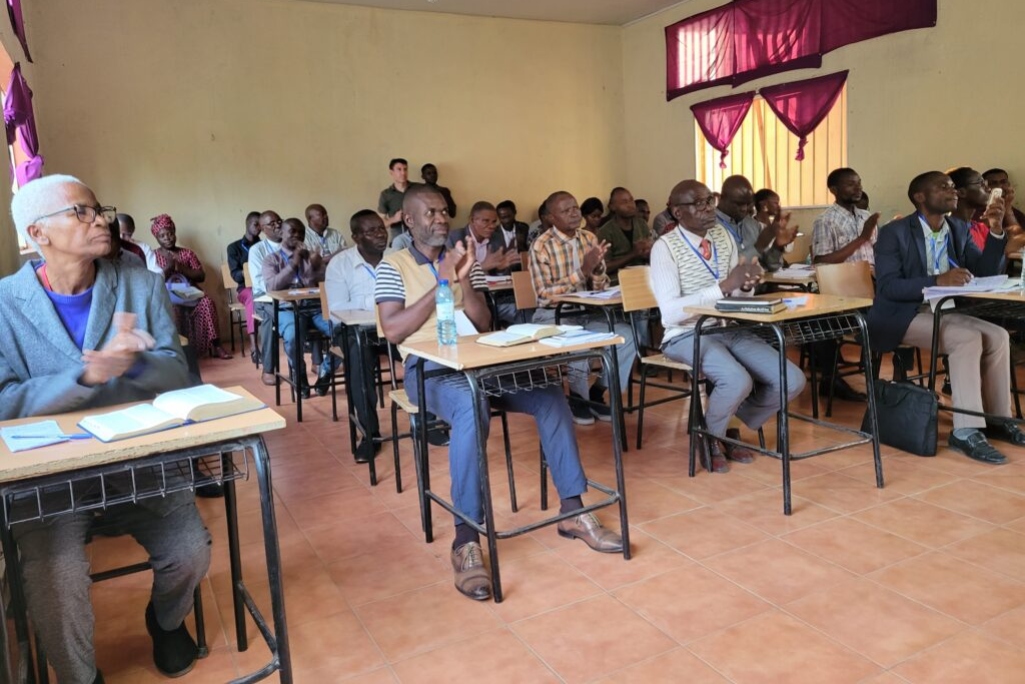
COLUMBIA, S.C. (BP) – The South Carolina Legislature passed a six-week abortion ban May 23, allowing limited exceptions based on the mother’s health, fetal abnormalities, rape and incest.
South Carolina Baptists applauded the bill as the culmination of prayer and advocacy, but said the legislation falls short of their goals.
“Ultimately, we are praying and working toward the day when every unborn life is protected in the womb, regardless the circumstances,” Tony Wolfe, executive director – treasurer of the South Carolina Baptist Convention (SCBC), told Baptist Press. “Some exceptions in this bill fall short of that goal.”
The Fetal Heartbeat and Protection From Abortion Act, passed by a vote of 27-19, outlaws abortions after the detection of a heartbeat, generally accepted as six weeks, with exceptions in cases of medical emergencies and when the fetus suffers abnormalities. Women who have suffered rape or incest may seek an abortion through the first 12 weeks of pregnancy, the bill stipulates.
“The law is not perfect. It stops short of our goals,” Wolfe said. “But we celebrate this win today, knowing the countless lives it will save in the coming months and years, while we work toward a day when abortion is altogether unheard of in our borders and when every child, born and unborn, is saturated in and transformed by the hope of the Gospel and the love of Christ’s churches.”
The SCBC and its pro-life partners have advocated to end abortion in the state.
“Our state convention’s Christian Life Commission and staff have worked tirelessly this session, both behind the scenes and in the statehouse,” Wolfe said, “to urge legislators to protect the precious unborn lives of the next generation of South Carolinians.”
The bill becomes law immediately upon the signature of Gov. Henry McMaster, who supports the legislation. The South Carolina Supreme Court blocked in January by a vote of 3-2 the state’s previous six-week abortion ban that would have taken effect in 2022, agreeing with the Planned Parenthood South Atlantic that the measure violates a woman’s right to privacy.
(EDITOR’S NOTE – Diana Chandler is Baptist Press’ senior writer.)


